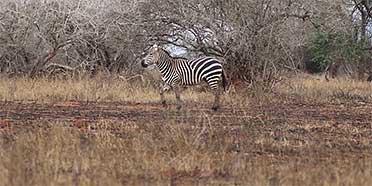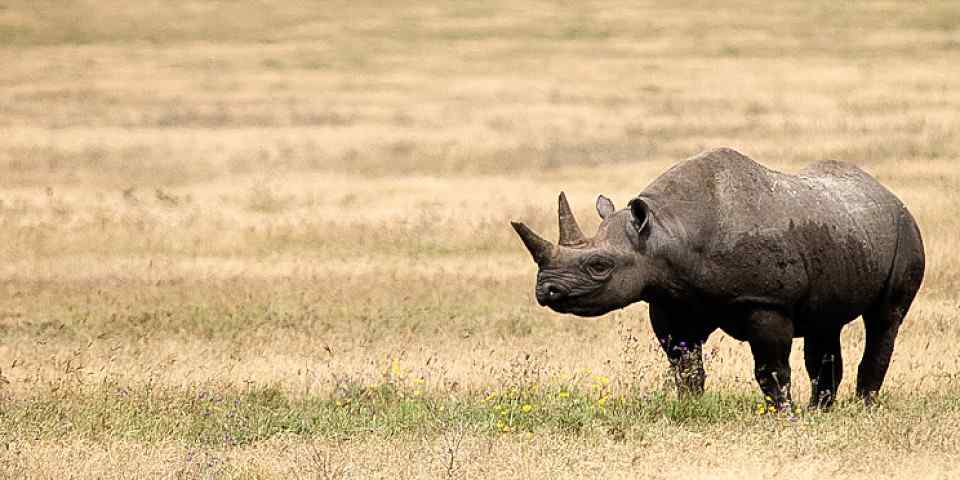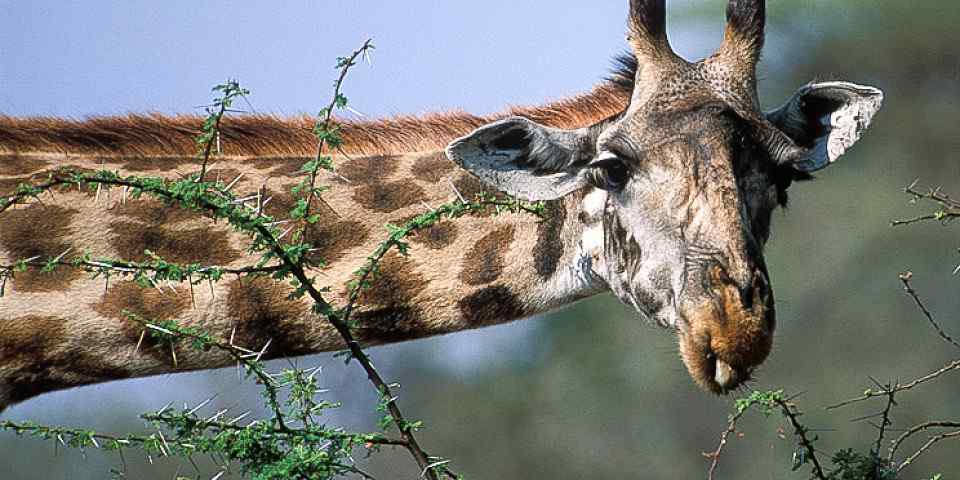
Safari Tours to Mkomazi NP
-
![4-Day Arusha-NP and Mkomazi NP (Rhino-Sanctuary)]()
4-Day Arusha-NP and Mkomazi NP (Rhino-Sanctuary)
$990 pp (USD)
Tanzania: Private tourBudgetLodge & Hotel
You Visit: Arusha (Start), Arusha NP, Mkomazi NP, Arusha (End)

Sunday Safaris
5.0/5 – 4 Reviews
-
![3-Day Mkomazi National Park and Black Rhino Sanctuary]()
3-Day Mkomazi National Park and Black Rhino Sanctuary
$572 pp (USD)
Tanzania: Private tourBudgetHotel
You Visit: Dar Es Salaam (Start), Mkomazi NP, Dar Es Salaam (End)

Kima Adventures
4.7/5 – 29 Reviews
-
![3-Day Thrilling Black Rhino Tour Mkomazi National Park]()
3-Day Thrilling Black Rhino Tour Mkomazi National Park
$1,045 to $1,265 pp (USD)
Tanzania: Private tourBudgetHotel
You Visit: Dar Es Salaam (Start), Mkomazi NP, Dar Es Salaam (End)

Kubwa Five Safaris
4.9/5 – 148 Reviews

 Tanzania Parks
Tanzania Parks








